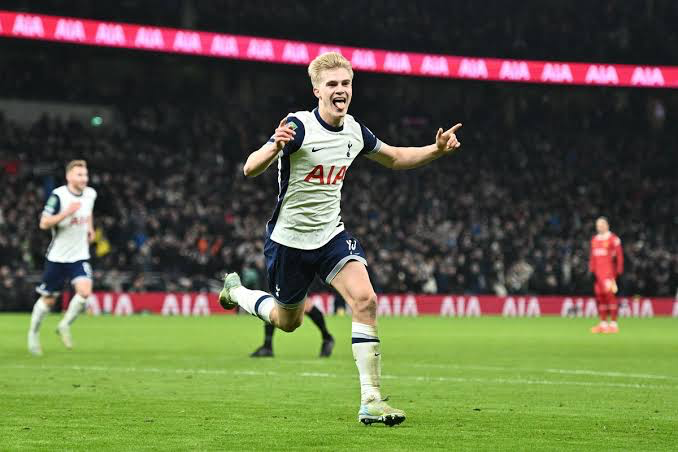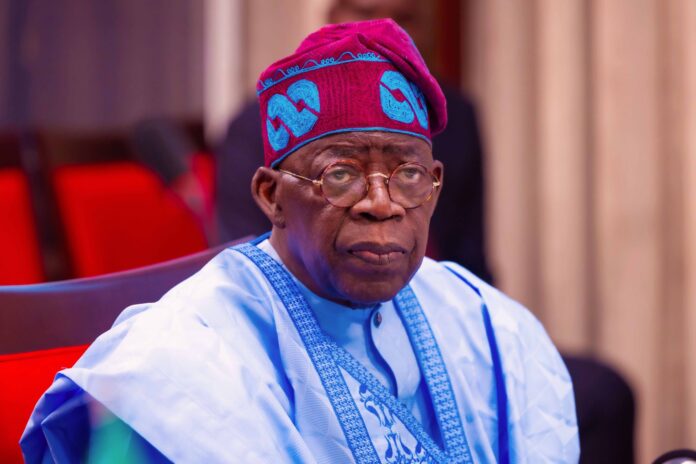President Bola Tinubu is set to embark on a journey from Abuja to Dakar, Senegal, on Tuesday, marking his attendance at the inauguration of Senegal’s President-elect, Bassirou Diomaye Faye.
This official trip comes following an invitation extended by the Republic of Senegal and was announced via a press statement from Chief Ajuri Ngelale, the Special Adviser to the President (Media & Publicity), on Monday.
In his capacity as the Chairman of the Economic Community of West African States (ECOWAS) Authority of Heads of State and Government, President Tinubu will join fellow regional leaders in witnessing the inauguration ceremony at the Diamniadio Exhibition Centre.
Accompanying him on this journey will be the Minister of Foreign Affairs, Yusuf Tuggar, alongside other esteemed senior government officials.
Once the inauguration proceedings conclude, President Tinubu is expected to return promptly to Nigeria.
Meanwhile, the rise to power of Senegal’s president-elect, Bassirou Diomaye Faye, is a story of overcoming adversity and defying odds. Familiarly known as Diomaye, a term that resonates as “the honourable one” in the local Serer language, he clinched victory in the March 24 presidential election with a decisive 54.3 percent of the vote, a mere ten days after being released from incarceration.
Diomaye’s ascent to presidency was marked by an unconventional campaign, leveraging an anti-establishment message, rallying the support of opposition figure Ousmane Sonko, and projecting a modest persona. This winning combination propelled him to a commanding first-round victory over the candidate of the ruling coalition.
Upon his inauguration on Tuesday, Diomaye, at the youthful age of 44, will assume office as Senegal’s fifth and youngest president since its independence from France in 1960. In his victory address, delivered fluently in both French and Wolof, he outlined a bold agenda centered on national reconciliation, addressing the pressing cost-of-living challenges, and combatting systemic corruption.
In terms of policy, Diomaye pledges a progressive left-leaning pan-Africanism, aiming to reclaim and fortify national sovereignty by initiating reforms across critical sectors such as oil, gas, and fisheries.
He has proposed the introduction of a new national currency, envisages substantial investments in agriculture and industry to tackle rampant unemployment, and seeks to foster stronger regional alliances, particularly with neighboring ECOWAS member states like Burkina Faso, Mali, and Niger.



